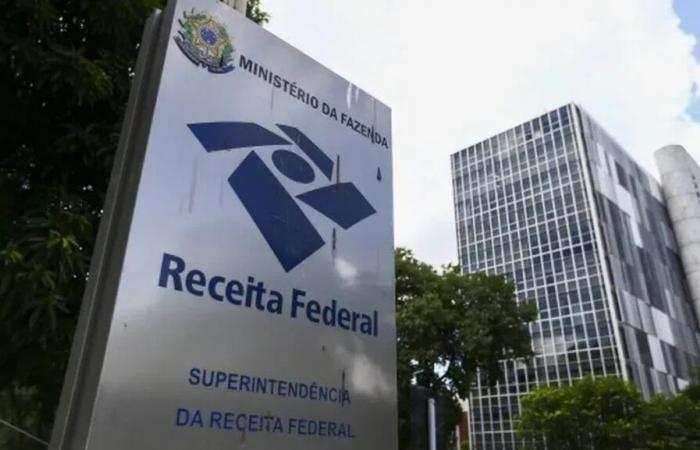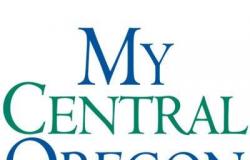
- Income Tax: from now on, medical receipts can only be electronic, via the Revenue app. See tutorial
- Health plans: GLOBO tool shows how to choose the best option
What did the IRS decide?
With the new rules, credit card operating companies and payment institutions will be required to notify the Revenue of transactions totaling more than R$5,000 in the case of individuals. The limit for legal entities is R$15,000 per month.
The new rule was published by the agency in September last year and came into effect on January 1st of this year.
- IPVA 2025: discount in cash or in installments? GLOBO calculator shows the best option
Why was this decided?
According to the Revenue, the intention of the measure is to increase control over financial operations and facilitate supervision against tax evasion and tax evasion.
Before the new rule, information was already provided to the Federal Revenue Service by traditional, public and private banks. Now operators of and from payment institutions will also be required to provide this data
What operations will be monitored?
The new rule defines that companies must pass on information if the monthly sum of amounts transferred to the account is greater than R$5,000.
- FGTS birthday withdrawal: check the 2025 calendar and see the amount receivable in the calculator
In other words, it’s not just a R$5,000 Pix that will be monitored. If a person makes several smaller transfers that exceed this amount, they will also have the information passed on.
Operations made between accounts belonging to the same holder will also be monitored.
-
What data will the IRS have access to?
The Federal Revenue already has access to fundamental information about citizens, such as name, address, registration number in the Individual Taxpayer Registry (CPF), the National Legal Entity Registry (CNPJ) and bank account numbers.
- Bolsa Família 2025 Calendar: see payment dates in January
In a note, the body clarified that, with the information provided by the companies, there is “no element that allows us to identify the origin or nature of the expenses incurred”. According to the IRS, the new rules are in “absolute compliance with the legal rules of banking and tax secrecy.”
No, the rule applies to any type of financial movement, whether TED, DOC, Pix, withdrawal or deposit of money.
Do the new rules create a new tax?
No. This Tuesday, the IRS reinforced that the measures do not create a new tax charge or taxes on the use of Pix.
- Health plan: Rede D’Or will stop serving Unimed Ferj patients in February
Anyone who moves more than R$5,000 per month will have problems with the IRS?
Not necessarily. The Federal Revenue will receive the information and cross-reference it with the data reported by taxpayers in Income Tax and based on a series of factors, it will decide whether the person will fall into the fine mesh or not.





